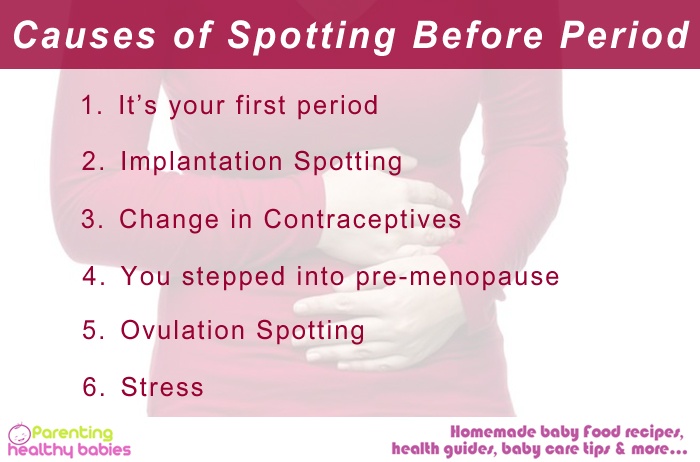The 5:2 diet is a type of fasting in which adherents eat around 25% of their suggested calorie needs (roughly 500-600 calories) on 2 fasting days per week and then eat sensibly for the remaining five days of every week. People usually schedule their fasting days so that they are not consecutive (for example, Mondays and Thursdays). Read on to learn more about the 5:2 Diet.
In This Article:
- Health Benefits of 5:2 Diet
- Pros and Cons of 5:2 Diet Meal
- 5:2 Diet Foods
- What Can You Eat On The 5:2 Diet?
- Can You Lose Weight On The 5:2 Diet?
Health Benefits of 5:2 Diet
Helps In Weight Loss
The majority of people who adhere to the 5:2 eating plan want to reduce weight. To lose weight, a person must consume less calories than they expend. This is referred to as a caloric deficit by nutritionists. When properly followed, the 5:2 diet may be a simple and uncomplicated approach to reduce calories while also helping to burn fat.
While there aren’t many studies on the 5:2 diet in particular, preliminary research on intermittent fasting appears to be encouraging.
Decreases Type-2 Diabetes Risks
An irregular calorie diet also may help many people lower their risk of diabetes, according to preliminary research.
According to a 2014 study, both intermittent fasting and calorie restriction diets helped people who were obese or overweight lower fasting insulin levels and insulin sensitivity. More study is needed to validate these findings, according to the reviewers. This isn’t to say that intermittent fasting is a superior diet; it’s merely another option for those who struggle with calorie restriction regimens.
Pros and Cons of 5:2 Diet Meal
The 5:2 regimen, like other eating programmes and diets, has its own set of benefits and drawbacks. Intermittent fasting is popular among dieters because, despite the fact that it requires calorie restriction, it allows them to break away from the diet mentality. Even yet, there are certain disadvantages to this dietary habit.
Pros
You might find it simpler to make healthy decisions if you concentrate on when you eat instead of what you consume. You may pick your fasting days on the 5:2 diet based on your schedule. Many individuals fast during the week since it’s simpler to stick to a schedule, especially if you have a lot of social or family events on saturdays.
Because no meals are legally off-limits, socializing with others may be simpler. It will also make you feel less starved on days when you are not fasting.
Weight reduction and better cardiometabolic health are among the many health advantages of intermittent fasting.
Cons
You might find it simpler to make healthy decisions if you concentrate on when you eat instead of what you consume. You may pick your fasting days on the 5:2 diet depending on your timetable. Many individuals fast during the week since it’s simpler to stick to a schedule, especially if you have a lot of social or family events on Saturdays.
Because no meals are legally off-limits, socializing with others may be simpler. It will also make you feel less starved on days when you are not fasting. Weight reduction and better cardiometabolic health are among the many health advantages of intermittent fasting.
5:2 Diet Foods
- Vegetables and fiber
- White fish
- Lean animal cuts
- Eggs
- Beans, peas, and lentils
- Tofu
- Dark berries
- Soup
- Coffee or tea
What Can You Eat On The 5:2 Diet?
On the 5:2 diet, there are no hard-and-fast restrictions regarding what to eat, so you may eat anything you want on fasting days as long as you keep under the calorie limits. On their intermittent fasting, people usually eat lower-calorie meals. Vegetables, salmon, soup, eggs, and lean meat, as well as zero-calorie drinks like water and black tea or coffee, might be included. On a fasting day, you can consume two to three times each day. Because there isn’t an extensive definition of 5:2 diet foods or 5:2 diet recipes, you’ll have to measure your calorie intake instead of macronutrients.
Can You Lose Weight On The 5:2 Diet?
It all depends on the situation. The assumption is that by restricting your eating options, you will lose weight simply by consuming less calories overall. That’s because most of us eat depending on circumstances rather than hunger. Fasting during a Wednesday meeting, for instance, that usually involves fresh doughnuts, may keep you from consuming a higher-calorie meal that you might have eaten otherwise. Nevertheless, you could probably give the same effect by eating a healthy snack around 30 minutes before your meeting and foregoing deep-fried, doughy sweets because you’ve already eaten something more nutritional.
Certainly, if you’re in a calorie deficit for the week, you’ll probably lose weight. However, this diet only restricts calorie consumption on two days of the week; the other five days of every week, you may eat almost everything you want, thus in the grand scale of things, your food intake might not have been significantly reduced by the end of the day to justify weight loss.
Conclusion
The 5:2 diet is an alternative to traditional calorie restriction that may help many individuals stay to their diets and lose weight.
Fasting days might be difficult to adjust to. Hunger pains or dizziness may be more prevalent while starting a 5:2 diet than once you’ve been on it for a while. Many people who stick to the diet claim that these side effects fade as their bodies adjust.
Sources:
- https://www.goodhousekeeping.com/health/diet-nutrition/a27431624/5-2-diet/
- https://www.healthline.com/nutrition/the-5-2-diet-guide#TOC_TITLE_HDR_6













